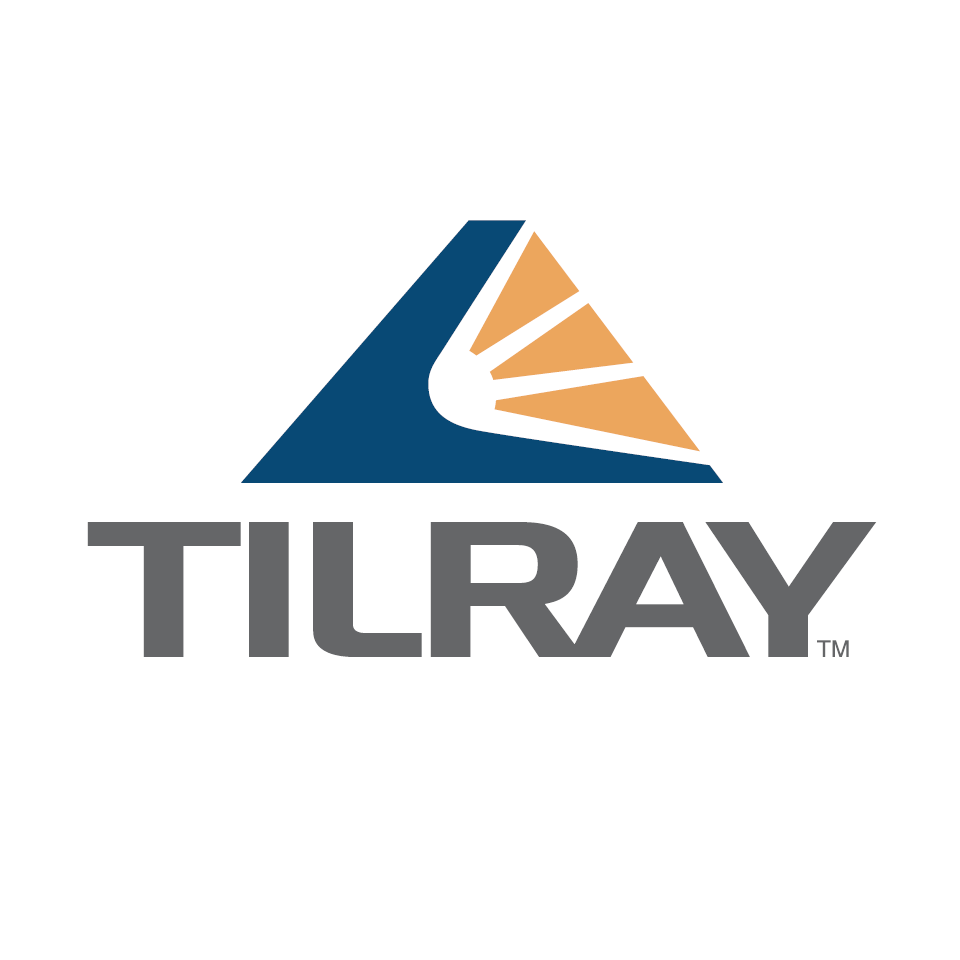Tilray has managed to successfully import its first bulk supply of medical cannabis oil into the UK.
It was a Tilray product, in fact, that was not only confiscated at the border last year – but subsequently sparked media outrage over the denial of the same to one Billy Caldwell, an epileptic child. It was not the only outcry nor was Billy the only child endangered. And the British people, in fact, finally signalled that they had lost their stiff upper lip on this one last year.
All of this despite lingering and significant problems ever since. Not to mention an intriguing and well-timing market entry for Tilray right after things have been heating up on cannabis reform in Parliament of late.
The Tilray product, which will be imported from its new production facilities in Portugal, has already been distributed in other European countries, including Croatia and Germany.
 What is significant in other words, is that the UK is starting to allow bulk orders in through customs- and they are coming not from Canada, but from Europe. Even if it is a Canadian company’s brand on the same, for now at least.
What is significant in other words, is that the UK is starting to allow bulk orders in through customs- and they are coming not from Canada, but from Europe. Even if it is a Canadian company’s brand on the same, for now at least.
Tilray of course, is not the only company engaged in a race to get imports into the country. Right after Christmas last year, Canopy/Spektrum announced the same plans. Wayland has clearly been angling for a British outpost for some time. And of course, more locally initiated groups, including European Cannabis Holdings, have been working to initiate easier access to British markets for well over a year. Let alone more locally grown interests and pursuits now clearly lining up for market entry.
But this announcement, coming so shortly after all the recent activity on cannabis reform and calls for trials in the UK, clearly means that the doors are now opening fast for the largest players angling to get in.
Bottom line? Look for the biggest Canadians with an already established European presence, to begin making similar announcements this summer.
Being “Available” Is Only The First Hurdle
One of the biggest problems facing not only the “industry” but patients in the UK, much like elsewhere, is that doctors do not know or want to prescribe cannabis and cannabinoid medicines- and for reasons stemming from fear or ignorance about medical efficacy to insurance coverage.
Medical cannabis, in all its forms so far, however, is also highly expensive and out of reach for most unless they obtain an NHS approval (or as in Germany, statutory health insurer approval) to actually obtain the drug. And then have a place to obtain it.
This basically counts out everyone who cannot pay out of pocket and cannot find a willing doctor to sign them up via onerous and ongoing paperwork. And that, of course, is the majority of the sick people in the room.
It is this basic conundrum, which the bigger Canadians have yet to solve themselves (and it is becoming more of a recognized issue in the U.S. in the days, presumably, before the 2020 election which will hopefully set a timetable for federal reform) that has been in the room for the last two years thanks to Germany.

It is even more of an issue in the UK. Especially with a renegotiation in Britain’s diplomatic and trade relationship with the rest of the world.
That includes, as of mid-July, a downright, undiplomatic spat between the White House and Whitehall right now over leaked comments from the British Ambassador to Washington – and about matters of competency far from cannabis. Although of course, this issue is in the room.
For that reason, the Canadian as well as the European connection to imports right now (from not just Portugal but Holland) on the medical side of the ledger, spell an intriguing fall for not only cannabis, but the real shape and direction of British politics- and by extension- British trade.
Patients Are Taking It To The Streets And To Parliament
As much as patients have so far partnered with the big Canadian companies in the attempt to get the borders open, this is not the only game in town. Dutch imports, from Dutch companies, are already showing up in the UK (see Bedrocan). And both British and Irish growers are getting in on early action, even if for now “just” on the CBD side.
Furthermore, it is clear that patients are playing a large role in making sure that they are being heard, even to the point of putting pressure on doctors. In an extraordinary admission at the parliamentary level during the last week of June, lawmakers conceded that the British public was taking matters into their own hands. And furthermore, that the change in the law had led to clear expectations that were not being met.
Namely, British patients are literally demanding medical cannabis by prescription from their doctors.
And much like in Germany, with a mandate for coverage, the government is being forced to listen, and as best as it can in a severely crimped and politicized Brexit environment, respond.
While cannabis reform is hardly the Guy Fawkes, in other words, in a tinder match environment that British politics certainly is right now, it might be a kind of spark that drives a much wider conversation in the UK about current events.
Specifically the survival of a system that is poised to provide not only access to cannabis but comprehensive medical care beyond that, even for the old or chronically ill.















 What does this mean for Canada’s largest LP? A strong, multi-country presence in the medical cannabis space that, strategically, is par to none other. There are other Canadian LPs who are planning production facilities in other EU countries of course. And some Canadian companies who appear to see Europe as one giant export market. Germany is just one of them. However, the German-Spanish connection is interesting for several reasons: The two most interesting markets globally right now from both a strictly medical perspective with a clear pathway to much broader acceptance as it transitions into some kind of recreational reform, are Spain and Germany. While the former has not signed up for full-boat medical acceptance, the recent independent assertion by the Catalonian government that they would formalize the cannabis club system is seen here as one more step towards the inevitable. So are ongoing and significant Spanish medical cannabis trials.
What does this mean for Canada’s largest LP? A strong, multi-country presence in the medical cannabis space that, strategically, is par to none other. There are other Canadian LPs who are planning production facilities in other EU countries of course. And some Canadian companies who appear to see Europe as one giant export market. Germany is just one of them. However, the German-Spanish connection is interesting for several reasons: The two most interesting markets globally right now from both a strictly medical perspective with a clear pathway to much broader acceptance as it transitions into some kind of recreational reform, are Spain and Germany. While the former has not signed up for full-boat medical acceptance, the recent independent assertion by the Catalonian government that they would formalize the cannabis club system is seen here as one more step towards the inevitable. So are ongoing and significant Spanish medical cannabis trials.